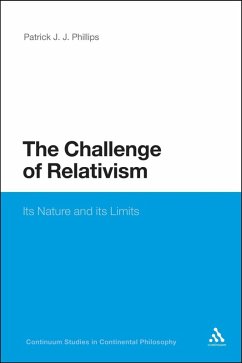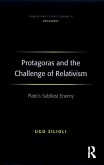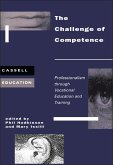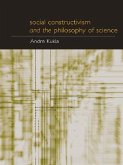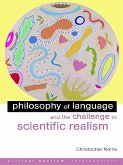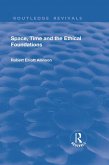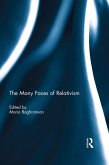Relativism, the view that knowledge is relative to time, culture, group and/or individual, remains a pervasive and influential intellectual position in philosophy and throughout the humanities. Since ancient times, relativists have been viewed as villains of truth and knowledge. They have undermined optimistic explanations of how we know things and, instead, have grounded knowledge in the ever-changing world of human opinion. But is the relativists' notorious reputation justified? In this important new book Patrick Phillips investigates several varieties of relativism proposed over the centuries and identifies relativism as a central strand of thought that permeates much of post-colonial and postmodern thinking. He investigates the reasons that contribute to the 'evergreen' status of relativism and asks: why does relativism remain a constant occurrence in the writings of the humanities and what accounts for its popular appeal?

